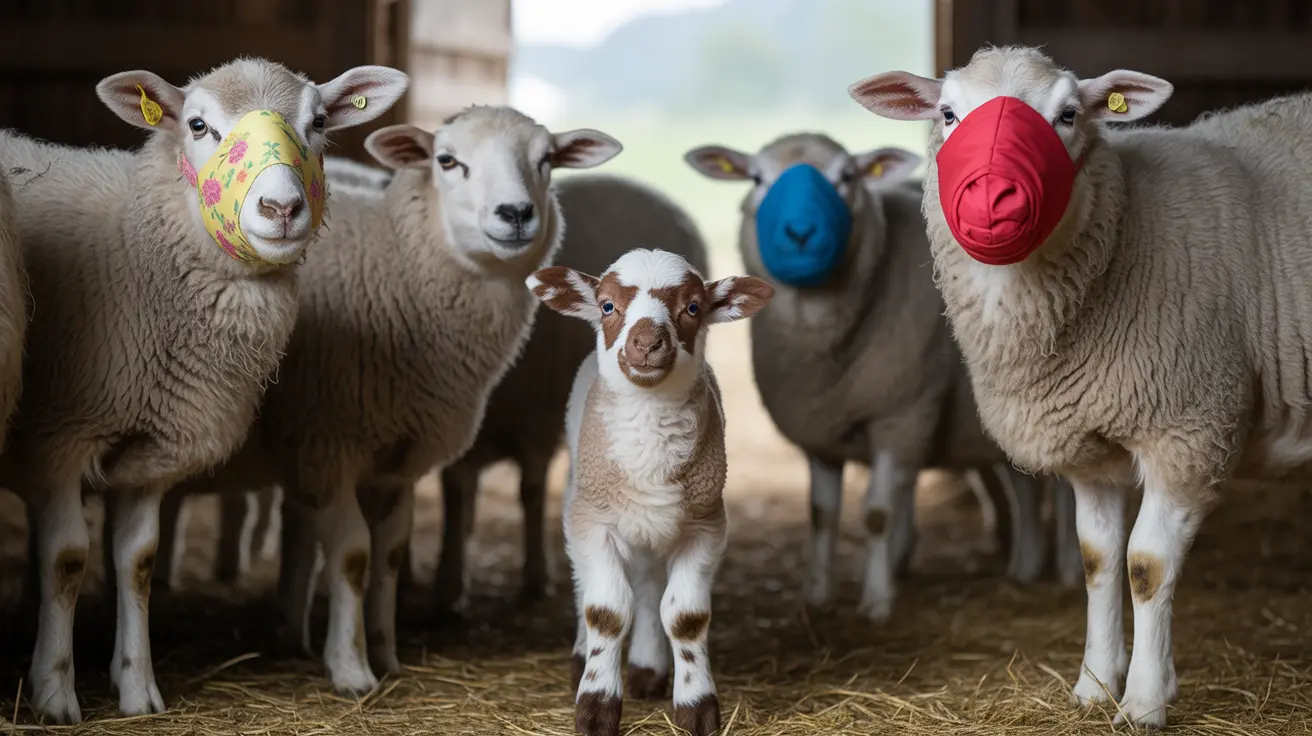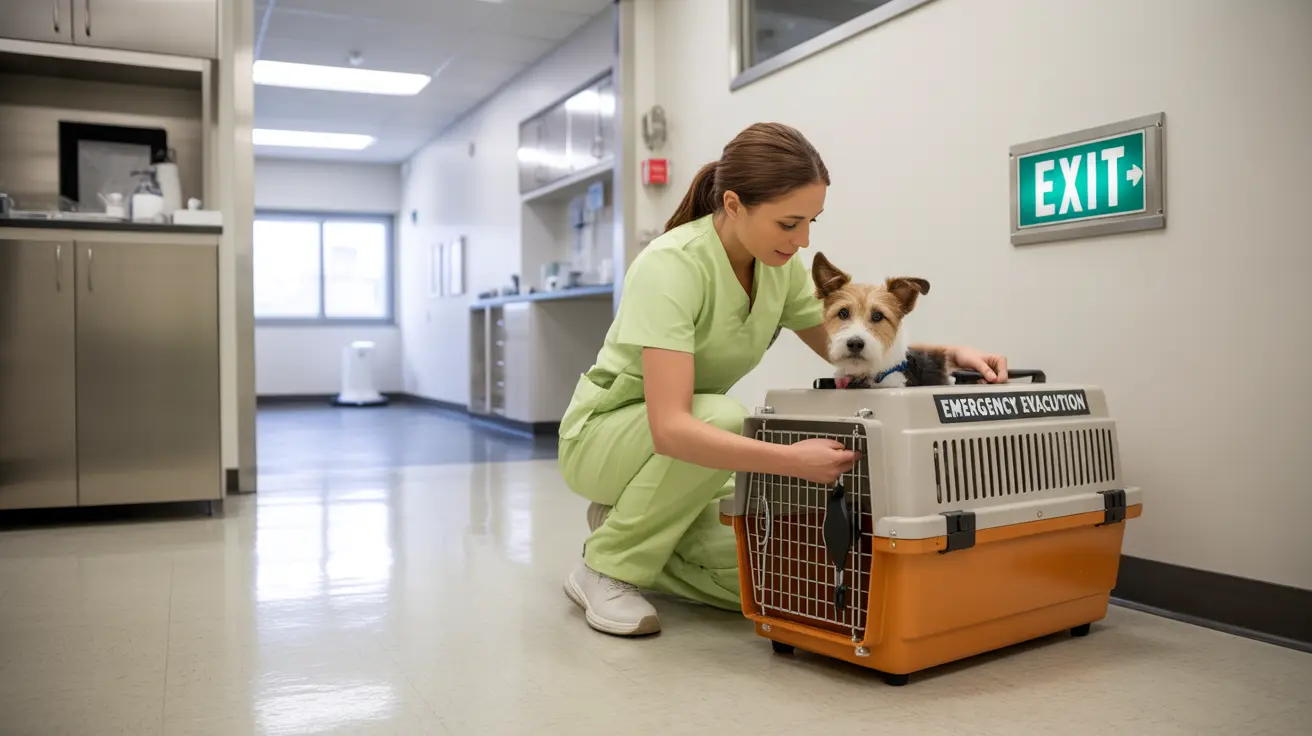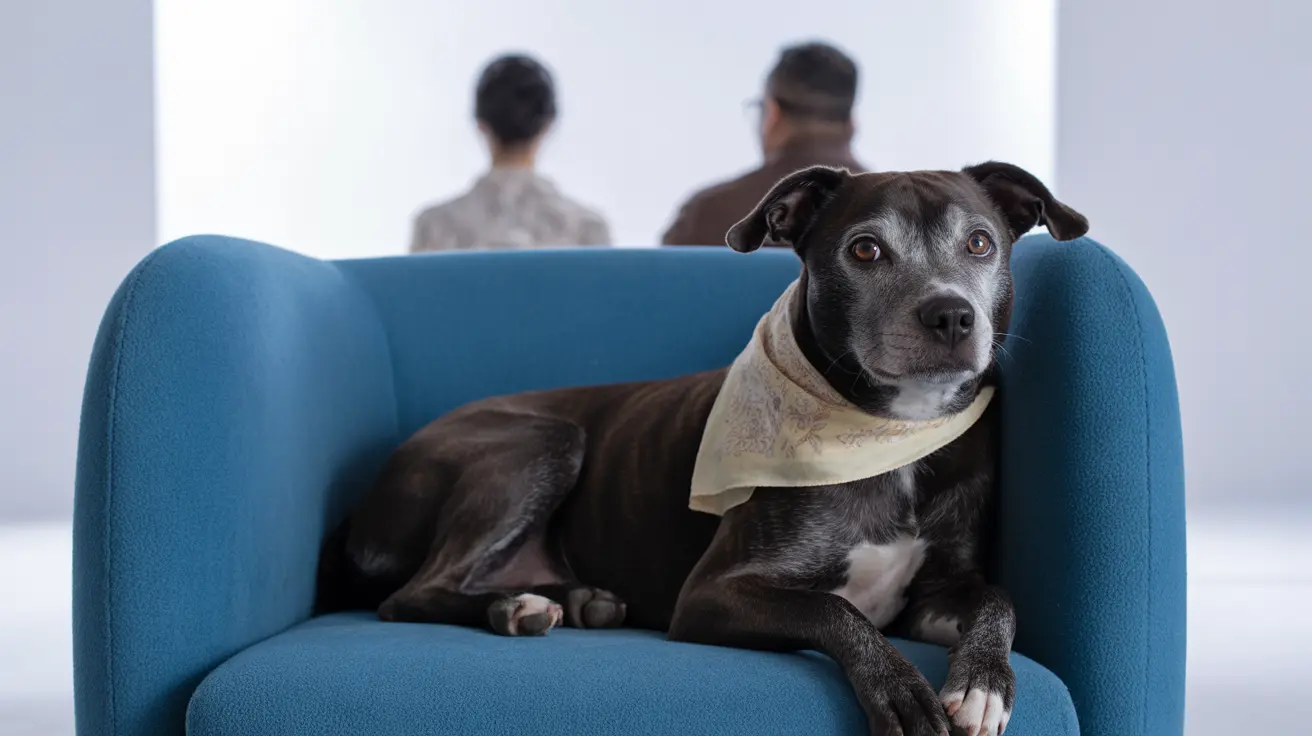When Is a Shih Tzu Considered a Senior Dog?
Understanding when your beloved Shih Tzu enters its senior years is crucial for providing the proper care and support. The Shih Tzu is a small dog breed with a life expectancy typically ranging from 10 to 16 years. Because smaller dog breeds tend to age more slowly than larger breeds, the transition into their senior phase comes later. Generally, a Shih Tzu is considered a senior dog around 10 to 11 years old.
Factors That Determine Senior Status
- Lifespan: With a potential lifespan of up to 18–20 years, a Shih Tzu doesn’t reach old age as quickly as larger breeds, which may be considered senior as early as age 6 or 7.
- Genetics and Health: Dogs from healthy genetic lines and those kept in good health may not show senior signs until later.
- Gender: Female Shih Tzus may live 1.5 years longer than males on average, potentially pushing back the onset of their senior years.
Signs of Aging in Shih Tzus
Recognizing the signs of aging can help you cater to your dog’s changing needs:
- Decreased energy levels and longer nap periods
- Greying fur, especially around the muzzle and face
- Stiff joints or slower movements
- Increased frequency of health issues such as dental disease, eye problems, or joint pain
Adjusting Care for a Senior Shih Tzu
Once your Shih Tzu enters its senior years, care routines should be modified to suit its age and health needs.
1. Nutrition
- Provide a high-quality senior dog food formulated for small breeds.
- Adjust portion sizes to prevent obesity, a common concern in older dogs.
2. Exercise
- Continue daily walks and gentle play to maintain flexibility and a healthy weight.
- Avoid over-exertion, especially in hot or humid weather due to their flat-faced anatomy.
3. Veterinary Checkups
- Biannual vet visits are recommended for seniors to catch early signs of illness.
- Monitor for chronic issues like kidney disease, BOAS, or arthritis.
4. Grooming and Home Care
- Continue with frequent brushing and professional grooming to prevent mats and skin issues.
- Consider orthopedic bedding and ramps to ease joint strain when jumping or climbing.
5. Mental Stimulation
- Continue to engage in training exercises, simple tricks, or puzzle toys to keep cognitive functions sharp.
- Spend ample quality time to prevent feelings of isolation or anxiety.
Common Health Issues in Senior Shih Tzus
As a Shih Tzu ages, several health conditions may become more prominent:
- Brachycephalic Obstructive Airway Syndrome (BOAS): May worsen with age, affecting breathing.
- Eye conditions: Cataracts and dry eye can increase as dogs age.
- Dental problems: Their small mouths and crowded teeth make them prone to periodontal disease.
- Arthritis and joint issues: Conditions like patellar luxation or hip dysplasia may become more limiting.
Extending Their Golden Years
While reaching “senior” status isn’t a countdown to the end, it is a signal to fine-tune their care:
- Maintain regular grooming to avoid mats that can hide skin issues.
- Brush teeth daily and use vet-approved dental chews.
- Monitor diet and exercise to maintain a healthy weight.
- Provide mental and emotional support through companionship and gentle stimulation.
Conclusion
Recognizing that your Shih Tzu is a senior around age 10–11 allows you to adapt their care and enjoy quality time together longer. With proper nutrition, regular checkups, appropriate grooming, and a lot of love, these charming companions can thrive well into their senior years—even beyond age 16. These final chapters, filled with comfort and connection, can be among the most meaningful in your life with your pet.





